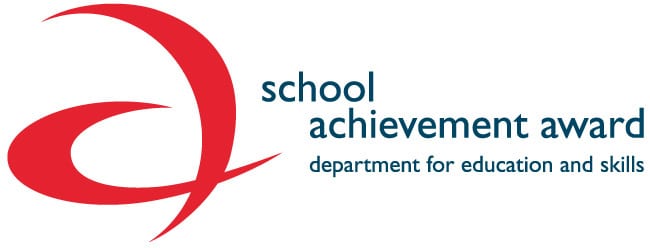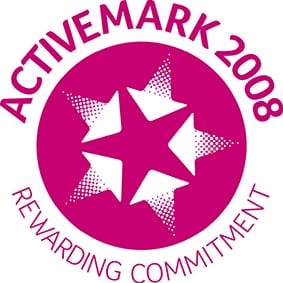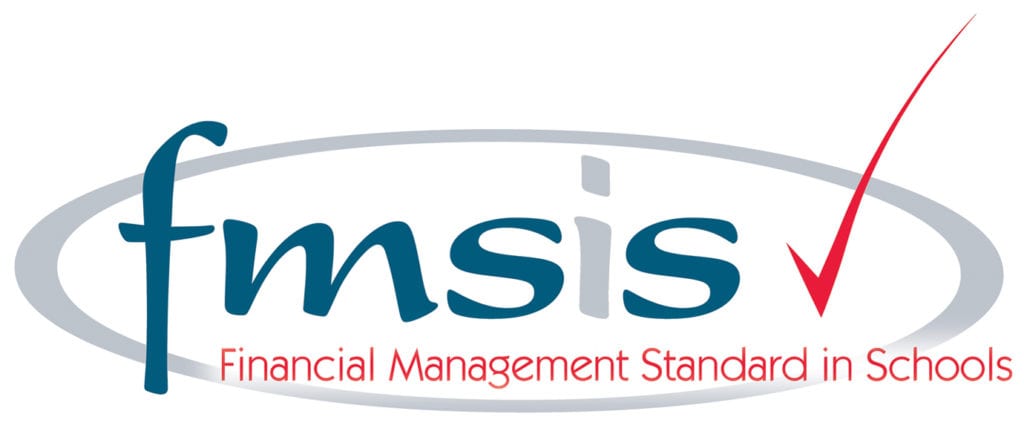Intent
At Horndale, using high quality texts within the English curriculum is at the heart of our school’s approach to engage and support children to become motivated and independent writers.
We strive to help our children develop into articulate and imaginative communicators, who are well equipped with the basic skills they need to become life-long learners. English is the key to this. We aim to ensure all of our children develop a genuine love of language and the written word, through a rich text-based approach.
Our writing and reading ethos is linked very closely, as if children enjoy reading, they read more frequently and become better readers and writers. Staff in school share high quality children’s literature with the children they teach and encourage them to be inspired as readers and motivated to read and write for themselves. Careful links are made across Year groups, Key Stages and also curriculum areas to ensure that children’s English learning is relevant and meaningful.
We predominantly use quality texts from ‘Pie Corbett’s Reading Spine’ to engage children across the whole school within their writing lessons. These books form the basis of our writing lessons throughout school and where possible link these to other curriculum areas.
“ Each great book develops the imagination and equips the reader with language…. Great stories also build our language because around 75% of our vocabulary comes from our reading” (Pie Corbett)
Throughout the Early Years and Key Stage 1, we teach writing through a text-based approach, which allows us to meet the needs of the children that we are teaching – through choosing a text that will engage, inspire and motivate. As well as reading a wide variety of genres, children are given frequent opportunities to develop their skills in writing in different genres.
Our intentions in writing are for children to:
- Write for a purpose
- See themselves as real writers
- Take ownership of their writing
- See writing as an interesting and enjoyable process
- Acquire the ability to organise and plan their written work.
Implementation
Writing in the Early Years
Early writing is taught through early mark making. In Nursery and Reception we use an Early Writing Program created by Shonette Bason. Squiggle Whilst You Wiggle, which uses dance and large movements to help children develop the fine muscle control they need for writing. They will learn a new gross motor movement to a piece of music. They will dance using this movement and use it to make marks, this could be in foam, on paper, in sand etc. They will then use this action to think of letters they can form that use this shape. These sessions are great fun but most importantly help children to be confident mark makers.
Clink on the link to find out more information about this program.
Then when the children begin RWI phonics they are taught the letter formations. This begins with writing (whether with a writing tool or in the air) CVC words, moving onto short sentences using the sounds they have been taught. Children are encouraged to use the sounds they have been taught and have separate writing lessons in addition to phonics. The phonics programme also includes elements of spelling and has a specific writing focus linked to the story books used in Phonics. In addition to phonics, children in Reception also have a daily writing lesson based on the quality texts where they get the opportunity to use the skills they have learnt in their phonics session, on top of promoting writing within the provision.
Writing in the Key Stage 1
Children in Year 1 and Year 2 (where necessary) follow the Get Writing programme from Read Write Inc. in line with the phonics programme. They also have a 45 minute English lesson daily, following our medium term planning which sets out the genres and expectations which should be taught for each half term. This follows the National Curriculum expectations. Coverage has been designed to ensure that children cover a number of different genres and also gives them the opportunity to revisit those genres and build up their understanding of features.
Writing sessions are taught based around quality texts, sessions may:
* Introduce and deconstruct a wide variety of model texts, covering a variety of genres
* Expose and highlight higher level vocabulary
* Children have opportunities to talk about and plan a piece of writing (age-related), for a specific purpose and audience. They will identify features, grammatical concepts and vocabulary to use. This stage often takes place over a number of lessons to allow children take part in spoken language and drama activities relating to the purpose of the writing, to explore a stimulus and to create vocabulary banks.
* Children may then write a first draft. Teachers will devise the best way and duration of this stage based on their knowledge of their children.
* Children are given the chance to evaluate their work, does their writing meet their goals, achieve the purpose and is suitable for the proposed audience.
* Revise and edit to improve their writing, so it meets their goals.
We ensure that skills and knowledge are built on year by year and sequenced appropriately to maximise learning for all children. We aim to develop children’s ability to produce well-structured, detailed writing. Teachers clearly model writing skills and document the learning journey through working walls. We celebrate writing by displaying it in each area, allowing children to have written pieces of work on the walls, which can be seen and celebrated by all, helps them know they are writing for a purpose and being seen as real writers.
Handwriting
In EYFS and Year 1, children are taught letter formation and begin writing as part of the phonics and writing programme from Read Write Inc. Cursive handwriting is taught from Year 2 (after phonics has been completed), to better prepare them for Year 3.
Handwriting – How to help your child at home
Spelling
In Reception, Year 1 and Year 2, children focus on spelling through Read, Write, Inc. From Year 2 (after completing phonics), children have discrete spelling lessons every week which focus on the spelling rules as well as the age-expected spellings.
SPAG
Pupils are taught discrete punctuation and grammar skills, appropriate to their year group, within our text based approach to planning, allowing opportunities to identify, practice and consolidate grammatical understanding, whilst also being immersed in a text. Children then apply the grammar and punctuation skills that they have learnt in their extended pieces of writing.
Vocabulary
As a school, we also focus on tier 2 vocabulary with the introduction of ‘Talk Through Stories’. We believe that a key area for our pupils development of a wide vocabulary. In Key stage 1, English key vocabulary and terminology is displayed on working walls, reflecting the current learning of the children. These specific words are taught to the children as part of their lessons. In all foundation subjects, key vocabulary is identified prior to teaching. Throughout the teaching sequence, these are referred to and definitions are taught and discussed. There is also the expectation that children will use this vocabulary independently in their own discussions and work. Each classroom also celebrates the use of developing vocabulary with our ‘Wonderful Word Wall’.
Impact
The main intended impact of our delivery of Writing is that all pupils enjoy writing across a range of genres, can write for a range of purposes and audiences, and become confident and effective communicators. They will amass a varied vocabulary that they can use across the curriculum and can apply spelling rules and grammatical concepts in their work. We also aim to ensure that our pupils are proud of their writing and have opportunity to see it on display and shared with others in the school and with their families. Looking forward, we intend that by the end of Year 2 most children are meeting the standards required in order for them to move to the Key Stage 2 curriculum when they transition to their Junior Schools. Monitoring will take place throughout the year by the Subject Leader through monitoring books, learning walks and consultations with pupils. Further to this, teachers will also regularly take part in moderation sessions to ensure our expectations and marking is accurate.
By the time children leave our school they will:
- Make good progress from their starting point in Nursery/Reception.
- Have a love for writing and write for enjoyment.
- Be able to produce written work in all areas of the curriculum to a high standard.
- Be confident to write for a range of different purposes.
Whole School English Curriculum
Adobe Reader
You may need a product like Adobe Reader (free download) to view our PDF documents on our website.







